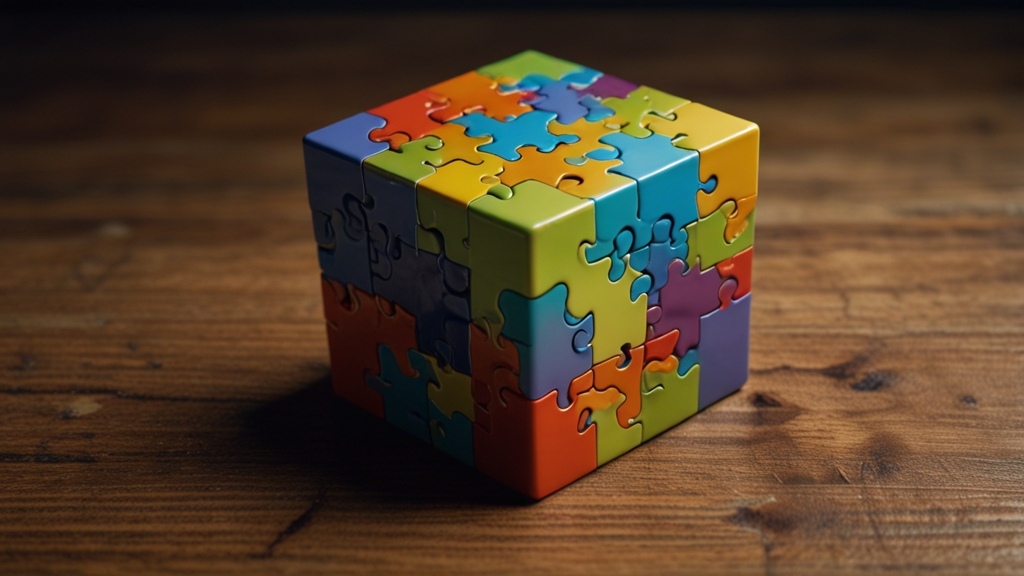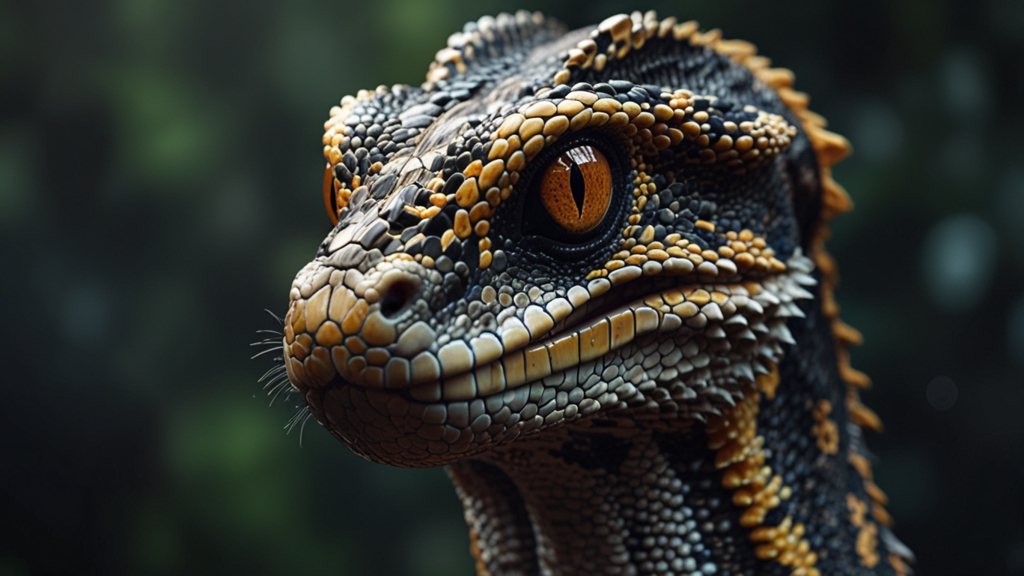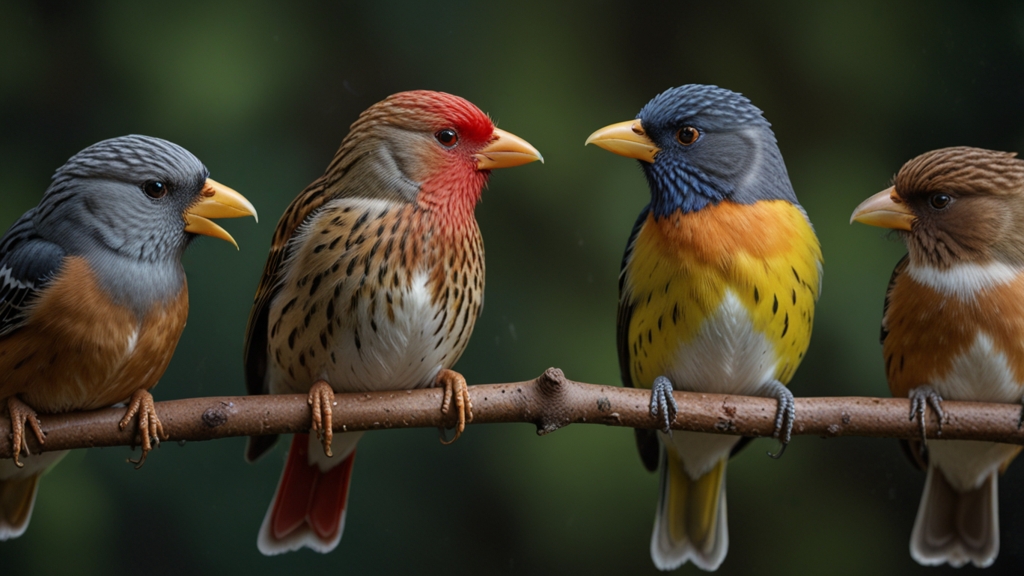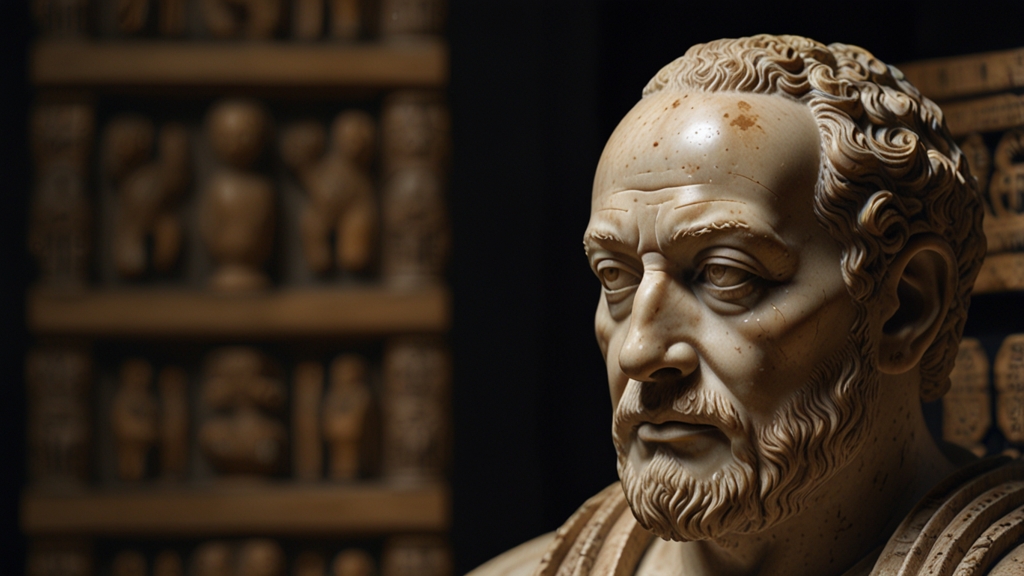The Science Behind Riddles: Why We Love Puzzles
Riddles and puzzles have been a part of human culture for millennia, appearing in folklore, literature, and as a form of entertainment. From the ancient Sphinx's riddles to modern-day crossword puzzles and escape rooms, humans have always been fascinated by these brain-teasers. But what is it about riddles that captivate us so? The answer lies in the intricate workings of the human brain.
The Cognitive Challenge
At the heart of our love for riddles is the cognitive challenge they present. Riddles push our brains to think in unconventional ways, forcing us to use problem-solving skills, lateral thinking, and creativity. When we engage with a puzzle, different areas of our brain light up as we work to decode the problem. This activation happens particularly in the prefrontal cortex, the area responsible for complex cognitive behavior, decision-making, and moderating social behavior.
"Our brains are wired to seek out and solve problems because it is a key aspect of our cognitive growth and survival. When we solve a riddle, our brain rewards us with a hit of dopamine, creating a feeling of pleasure and satisfaction." - Dr. Jane Smith, Cognitive Scientist.
Psychological Benefits
Beyond the immediate pleasure of solving a puzzle, there are significant long-term psychological benefits. Engaging with riddles can help improve memory, increase mental agility, and even delay cognitive decline in older adults. Studies have shown that regular engagement with puzzles and brain-teasers can lead to better mental flexibility and a sharper mind.
Furthermore, riddles can serve as a stress-reliever. The immersive nature of trying to solve a riddle allows individuals to escape from daily worries. The concentration required helps to shift focus away from stressors, providing a mental break and promoting relaxation.
Social Connections
Riddles and puzzles also have a unique way of bringing people together. Whether it's collaborating on a crossword puzzle or working through a challenging riddle with friends, these activities foster social interaction and cooperation. Sharing the joy of solving a difficult puzzle with others can create a sense of camaraderie and strengthen social bonds.
"There's something profoundly satisfying about working with others to solve a complex problem. Riddles are a social activity as much as a cognitive one, providing a shared experience that can be both fun and intellectually stimulating." - John Doe, Social Psychologist.
The Mystery and Intrigue
Another reason riddles are so appealing is the element of mystery and intrigue. Humans are naturally curious beings who love to uncover secrets and solve mysteries. The unknown aspect of a riddle creates a compelling narrative that our brains are eager to resolve. This curiosity-driven motivation keeps us engaged and invested in finding the solution.
Additionally, the open-ended nature of many riddles sparks our imagination. Unlike straightforward problems with clear answers, riddles often have multiple solutions or ways of thinking about them, which allows for a greater range of creative thought.
Conclusion
Riddles and puzzles are much more than simple pastimes; they are a testament to the intricate workings of the human mind. The cognitive challenges, psychological benefits, social connections, and intrinsic sense of mystery they provide explain why we are so drawn to them. They engage our brains in meaningful ways, rewarding us with a burst of dopamine and a sense of accomplishment that is deeply satisfying. So, the next time you find yourself engrossed in a riddle, remember that you are partaking in an activity that has been cherished throughout human history for its profound impact on our cognitive and social well-being.











